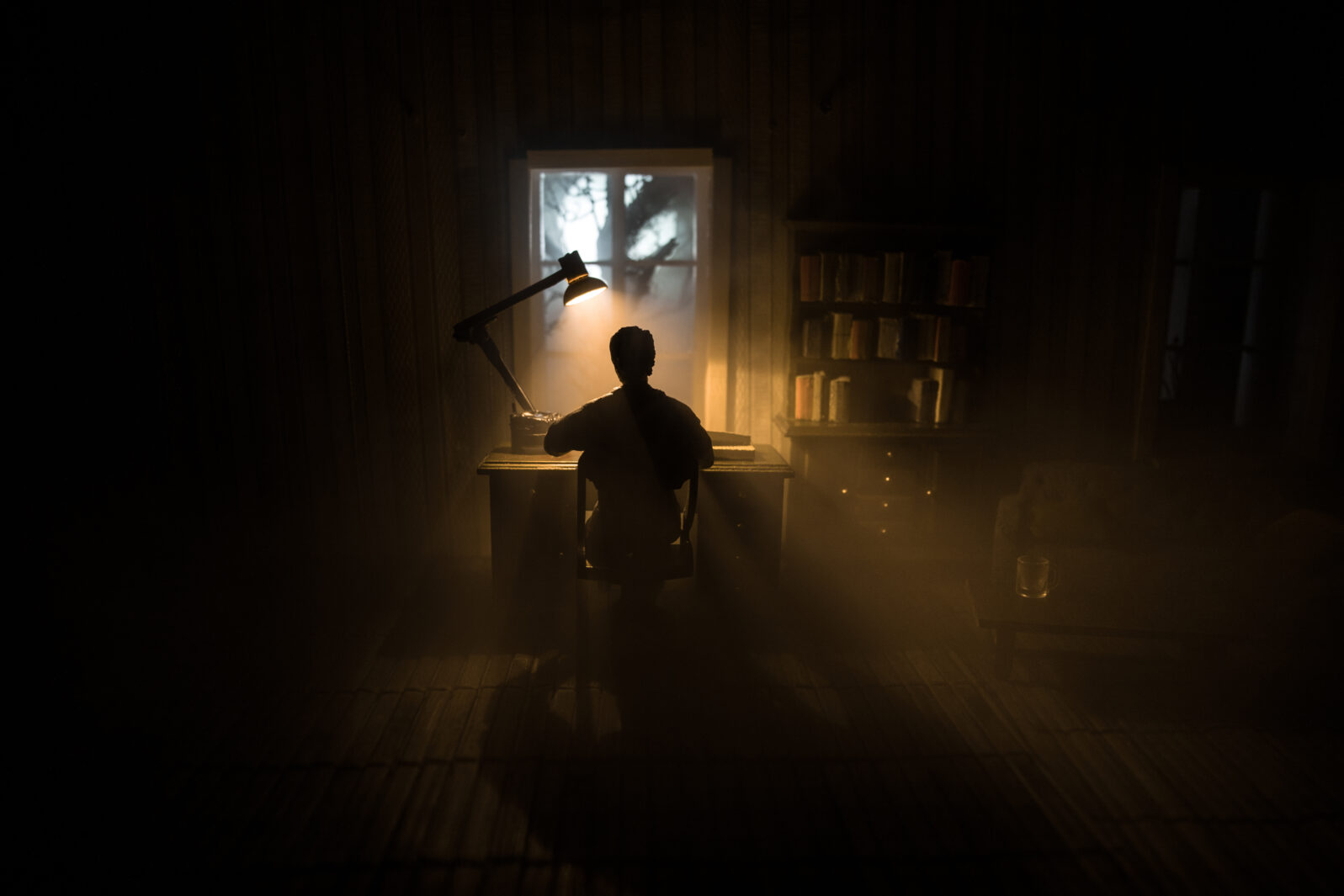The Artist is Stronger than the Censor
Salman Rushdie and standing up for free speechThe year was 2022. It wasn’t so long ago, although a waterfall of world events has cascaded since. Salman Rushdie, author of celebrated works such as The Satanic Verses and the children’s novel Haroun and the Sea of Stories, was lecturing in western New York when a man rushed on stage and stabbed him multiple times in the neck and abdomen, according to the AP Press. Rushdie was rushed off to the hospital and ended up losing use of an eye. Rushdie received death threats for his criticisms of Islam in The Satanic Verses, considered by many dogmatists to be a “blasphemous” book.
But, the man survived, and the debate over free speech, authoritarian ideologies, and how Westerners will deal with all of these complex forces seemed to shoot to a new level.
Fast forward two years and the Middle East is on the verge of full-out war, censorship is no longer a far-off specter found in distant countries, and the Salman Rushdie incident feels even more relevant. Douglas Murray, a journalist for The Spectator who writes a weekly column at The Free Press, wrote about Rushdie and free speech in his latest Sunday piece. Murray notes that Rushdie would rather not have to talk about censorship. Writers mainly want to gossip, revel in their egos, and talk about how much they make and how their critics are wrong. It’s his way of saying that writers are people who, although they might talk big about ideals and such, ultimately care about all of the worldly things we all do, and have to resist.
We Have to Talk About It
So, talking about censorship, for Rushdie, is a conscious choice. We have to talk about it lest we find ourselves in a place where we can no longer take free speech for granted. Murray writes, and quotes:
Having acknowledged that writers — indeed, people in general — would always rather be speaking of other things, Rushdie gently warns against such complacency. “What you have, you can easily take for granted, and ignore. There’s just no need to make a fuss about it. You breathe the freely available, broadly breathable air, and you get on with your day.”
In his 2012 speech, Murray notes, Rushdie said that “art is stronger than the censor.”
A culture’s art, Rushdie believes, can subvert authoritarian power structures and serve as a lifeline for the public. The work of the artist, then, is not to cuddle up to power but to be truthful, even when it means getting violent pushback from those who can’t tolerate disagreement.
Cultural critic Ted Gioia wrote recently on his Substack that legacy media is dying, and that even famous people like Taylor Swift, who plans on releasing a book soon, is bypassing the mainstream and opting for self publishing. When media outlets become proxies for an ideology or political party, they’ve lost their essential job description: To tell the truth.
Writers and artists who still care about telling the truth, then, have a fine example in Rushdie to follow. Not that the artist, in my opinion, must strive to be political. Maybe it’s the opposite: We can’t let politics define or restrict what we say.
We may be at a time when we don’t have the luxury of gossip and brunch. Like Rushdie, we have to be bold and see what happens.
